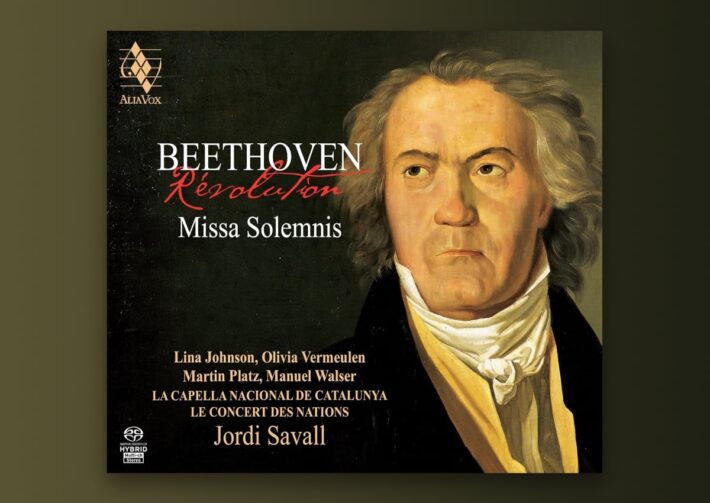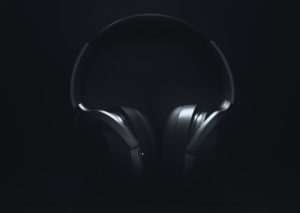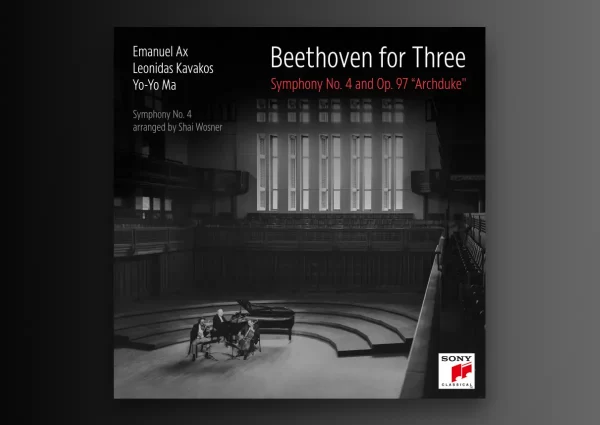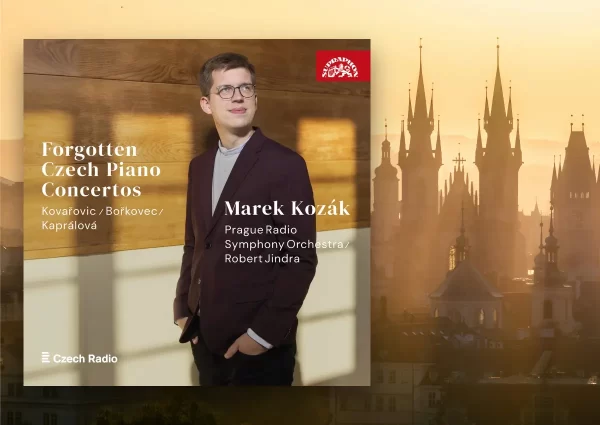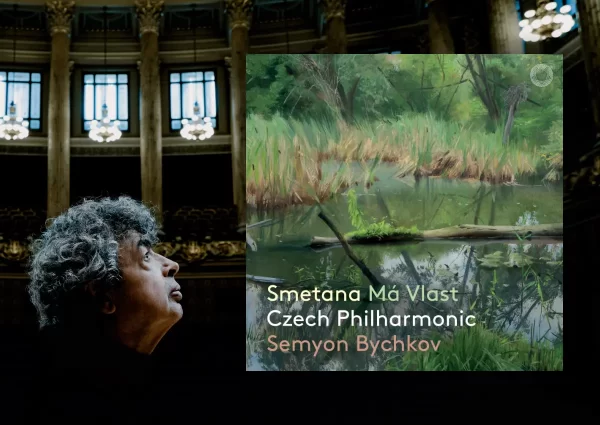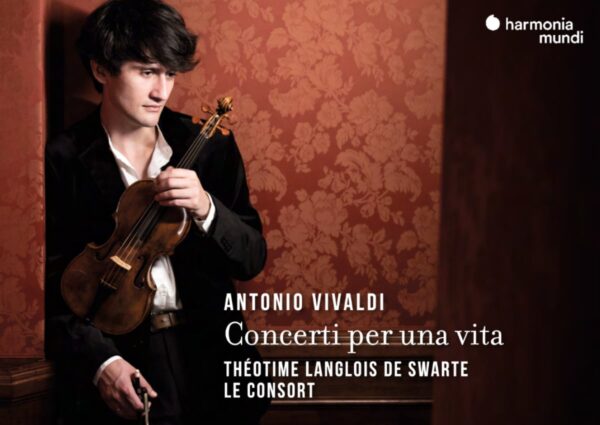Being a great admirer of the Beethoven symphony cycle released by these forces over the last few years, I was glad to learn they recorded Beethoven’s monumental mass. There are basically two schools of interpretive approach for this work, the first led by Klemperer’s justly famous 1966 recording which highlights the monumental aspects of the score. Tempos for the Gloria and Credo fugues are slow, yet have a convincing sense of majesty, thanks to the brilliant singing of the Philharmonia Chorus, masterfully prepared by Wilhelm Pitz. This was, for some time, the best choral singing of the work in recordings. Bernstein’s second recording (DG, 1981 with the Royal Concertgebouw Orchestra and the Netherlands Broadcasting Foundation Chorus is more overtly theatrical, and even with swifter tempos for the fugues, lasts 81 minutes. And both recordings, as well as those by Karajan, Jochum, etc., involve well over a hundred performers.
The 1980’s period instrument movement brought an innovative approach. John Eliot Gardiner’s 1990 Archiv recording (which utilizes far fewer performers) takes less than 72 minutes; his 2013 performance on Soli Deo Gloria shaves off another two minutes. Both readings have a driven, at times frenetic quality, the fugues performed with astonishing virtuosity. In 2002 David Zinman led his Tonhalle Zürich in a reading that comes in under 66 minutes. Norrington’s 2007 recording lasts 72 minutes, and so on…historically informed performance replaced monumentality with thrilling virtuosity, that for some listeners missed the profundity of Beethoven’s emotional response to the mass text.
In his symphony cycle Savall mostly adhered to the letter and/or spirit of Beethoven’s metronome markings, so I expected an urgently paced performance here. But Savall is slower than many of his colleagues, and while this means that the Gloria and Credo movements have les of the overt virtuosity and elan compared to those discussed above, they convincingly fit within Savall’s more circumspect, thoughtful approach. The Kyrie, lasting just short of ten minutes, is more darkly colored (Le Concert des Nations embracing a more heterogenous approach to orchestral color), conjuring a more introspective atmosphere of humility. The dramatic gravitas of the Credo’s ‘Crucifixus etiam pro nobis’ suggests Beethoven had perhaps studied Bach’s Passions.
The Sanctus opens in rapt wonder, answered by a slightly wild (the soprano sound taking on a brassy quality) ‘Pleni sunt Caeli,’ the following ‘Hosanna’ suitably nimble. But something special happens once the Praeludium begins: Savall’s tempo is slower, the orchestra playing is especially limpid and hushed as the violin solo spins a pure-toned lyrical blessing over us all. The Benedictus evokes gentle rapture, a mood that then continues into the Agnus Dei, which makes the martial brass and timpani more disruptive. Even as the choir seeks to restore calm, those muttering timpani tattoos, brittle and forlorn, suggest peace can ever really be achieved.
Related Posts
- Double Review: Mozart Requiem – Savall, Chauvin
- Review: Handel – Messiah – Jordi Savall
- Review: Haydn – Die Schöpfung (The Creation) – Savall
- Review: Beethoven – Symphonies No. 1-5 – Le Concert des Nations, Savall
- Review: Beethoven – Symphonies 6-9 – Le Concert des Nations, Jordi Savall
The generous acoustic of the Catalogne church (the same used for the symphonies) sometimes rounds out articulation and attack of the choir, though it does contribute depth and weight to overall sound. The soloists are excellent and make a well-matched quartet. I was not able to access liner notes, but these productions are well-known for the excellence of their ancillary materials.
There are several lean and virtuosic performances available – many may find the drama and urgency of the Gardiner, Norrington and Zinman recordings more convincing. But Savall’s approach seems to blend the two schools of interpretation outlined above into a convincing reading in which the interpretative style never draws attention to itself, but rather to the music and the text. This is a deeply meaningful reading of Beethoven’s masterpiece.

Beethoven – Missa Solemnis
La Capella Nacional de Catalunya & Soloists
Le Concert des Nations
Jordi Savall – Conductor
Alia Vox, AVSA9956
Related Albums
Klemperer | Zinman | Norrington | Gardiner | Karajan
Included with an Apple Music subscription:
Read more classical music reviews or visit The Classic Review Amazon store
Follow Us and Comment:
Get our periodic classical music newsletter with our recent reviews, news and beginners guides.
We respect your privacy.

